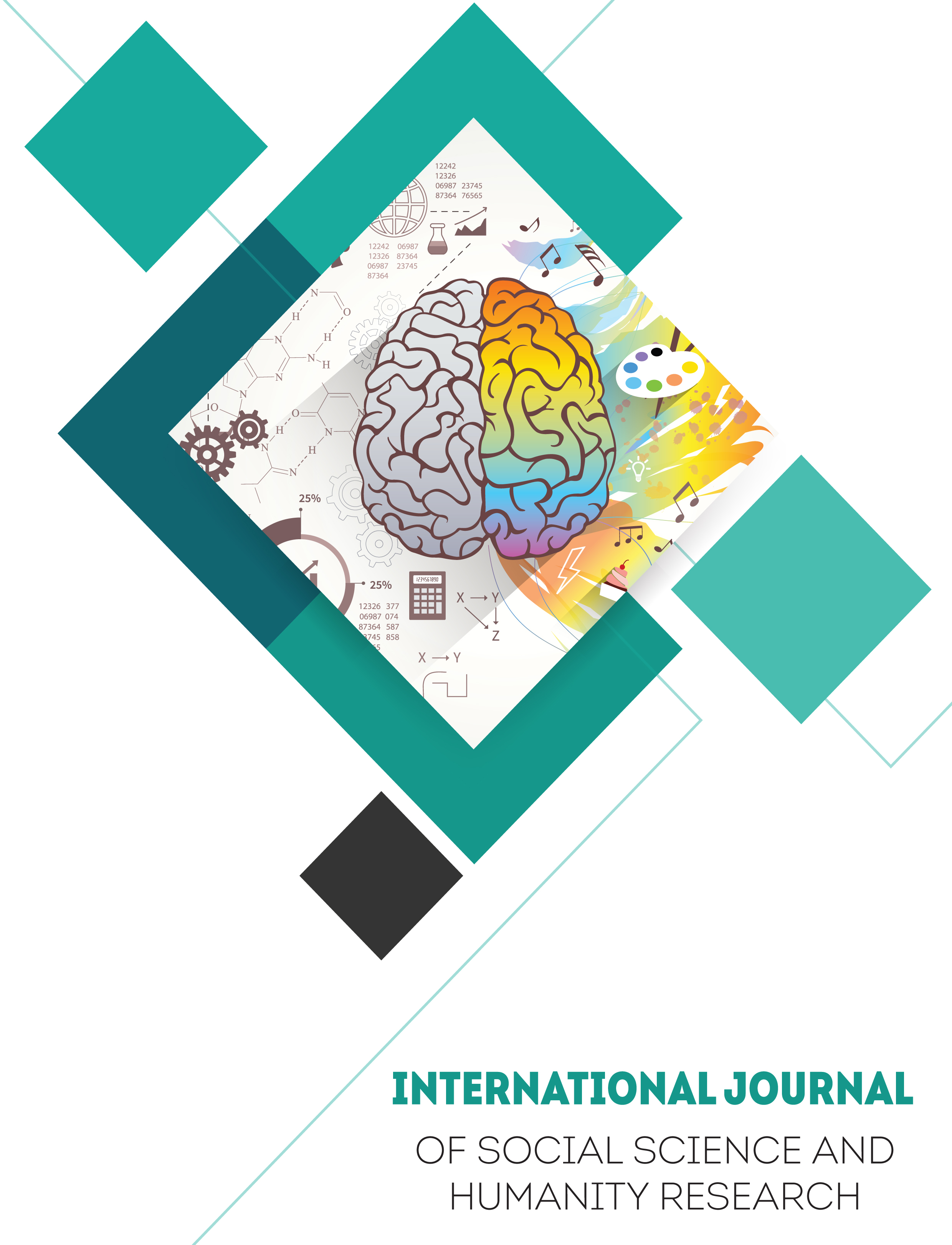Research focused on how the World Trade Organization affects English language instruction at Chinese universities
Main Article Content
Abstract
The educational system is being profoundly altered by globalization's social and economic trends. China has overhauled its education system since it joined the WTO in 2001 to better prepare its learners for the difficulties of globalisation. China needs even more better English speakers in the post-WTO age because it opens doors to cutting-edge research and development and allows its citizens to connect with the rest of the world. In response to this shift, its Chinese government has made improvements to the English curriculum a top priority in schools throughout the country. When seen in this light, the recent shift in policy regarding the teaching of foreign languages is cause for alarm. This study explores students' perceptions of English language instruction (ELT) in Chinese universities as light of the ongoing globalisation trend in order to inform the ongoing reform of ELT. This study is innovative because it takes students' perspectives as the most important stakeholders and direct participants of English language education (ELT) in China and examines ELT within the backdrop of the rising relevance of English competence with advancing globalisation. This study relied on contemporary perspectives of cultural imperialism and its impact on educational pedagogies, policy, and politics. This study claims that social and political forces that define Chinese reactions to globalisation greatly impact ELT curriculum acceptance through time. China's economic globalisation prompted the 2004 College English Academic Requirements in ELT. The Global English approach, which emphasises communicative ability and performance, should be Chinese universities' ELT priority to satisfy globalization's communication expectations.
Article Details

This work is licensed under a Creative Commons Attribution 4.0 International License.

